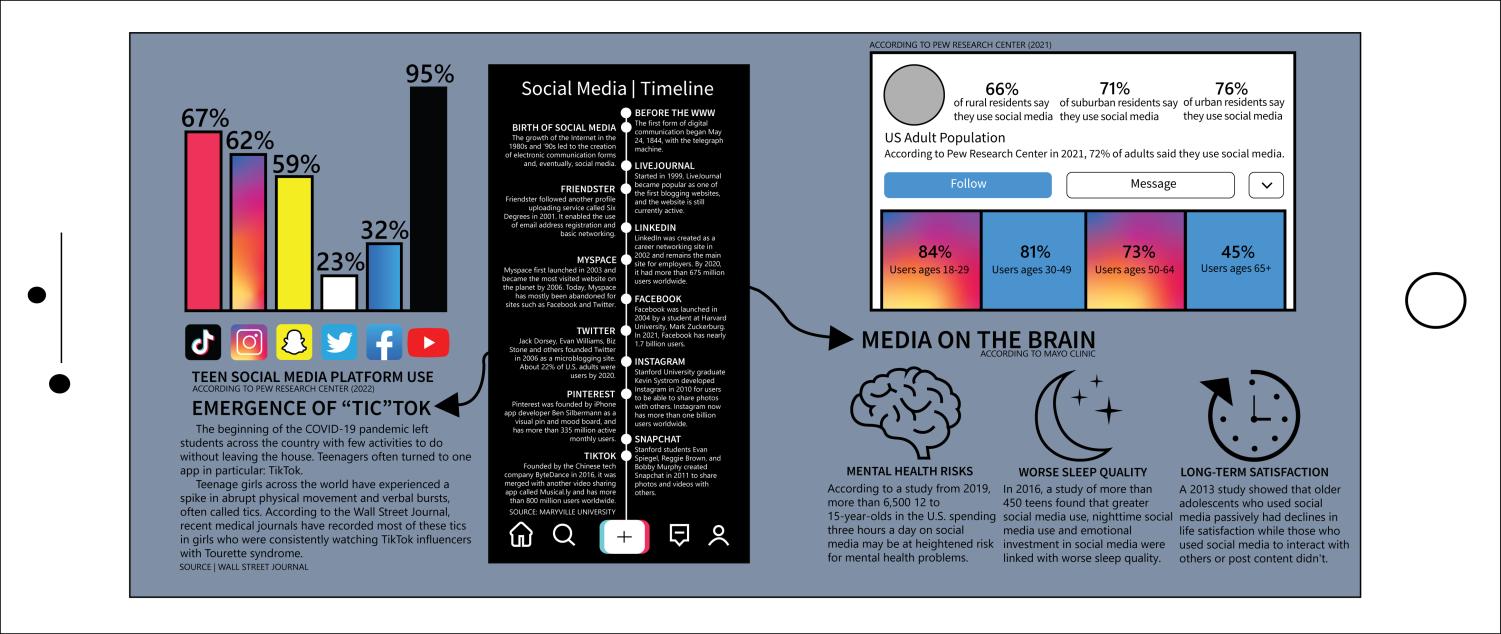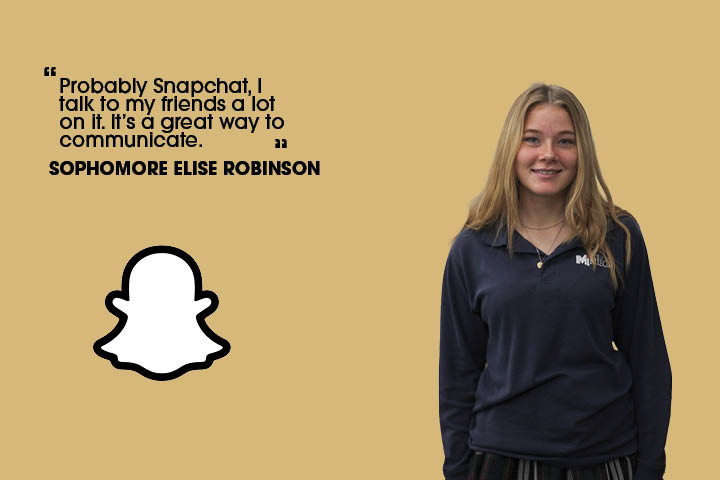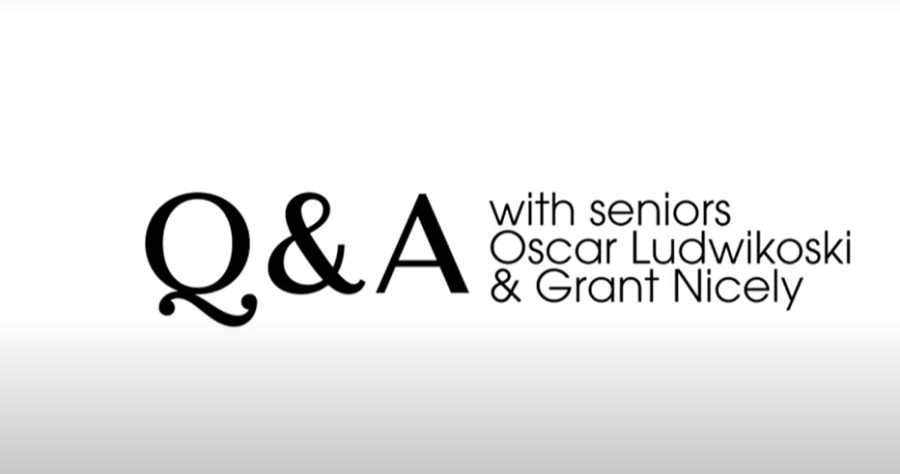The Dark Side of Social Media: Students reflect on their social media habits
April 19, 2023
In need of a debrief from the day, sophomore Shea Coughlan opens her phone and starts catching up on what she missed while at school. What was originally supposed to be a 30-minute break turns into long spirals of binging on social media apps.
Students find themselves reloading their screens constantly in hopes of new posts. However, they have said social media is an unhealthy aspect of their lives.
“I always find myself scrolling for the longest time,” Coughlan said. “I will look on the clock and three hours passed by just wasting my time.”
According to Pew Research Center from 2022, 45% of teens say they feel overwhelmed by all the drama on social media, while roughly four in ten say they feel pressure to only post content that makes them look good to others or that will get lots of comments or likes.
Some students are realizing their toxic relationship with social media platforms and have decided to take a step back from their online profiles.
“Every month or so I will redownload TikTok, I will see I’m spending too much time on it, and I will delete it,” senior Mannebach said. “Then somewhere down the line I will redownload it and it’s just this constant toxic cycle.”
Multiple social media platforms are used by students regularly, but for senior Jasmine Tolson, Instagram has been the most detrimental to her mental health.
“Instagram can make a lot of people insecure because there are a lot of filters and stuff that is fake,” Tolson said. “You always show your best side so you can start comparing yourself to others.”
Since realizing the negative effects on her mental health, Tolson has taken part in a social media detoxification. Recently, Tolson gave up social media apps such as TikTok for over a month to try and remedy her mental health.
After Mannebach deleted Tiktok and set limits on other apps, he witnessed a positive incline in his mental health.
“Not having the mental distraction of social media freed up some time for me, and I was happier,” Mannebach said.
While some students are able to acknowledge they have a toxic relationship with social media, they continue to use social media apps after being a part of the cycle for so long.
“I would like to think I could delete social media,” sophomore Emelia Buck said. “I think I could definitely live without Instagram, but I don’t know about TikTok and Snapchat.”
According to Buck, she struggles with cutting social media completely out of her life due to the anticipation that social media creates.
“I can scroll and scroll on TikTok for hours because you just don’t know what story is coming next,” Buck said.
According to Influencer Marketing Hub, 27% of children who spend at least three hours on social media might suffer from mental health issues.
“I deleted TikTok, because I felt I was being sucked into it and I recognized that I was starting to become attached to my phone and wouldn’t want to talk to my family at home,” junior Carrina Villanueva said. “Now, I am happier and starting to spend more time with my little sister.”
Similar to Villanueva, sophomore Coleman Hawkins-Phelan has seen the positive effects after limiting the amount of screen time he has and has felt less obligated to open social media apps since the subtle change in his routine.
“Especially recently, I have been trying to stay off my phone,” Hawkins-Phelan said. “I just think when I’m bored it is healthier to go outside and do something real.”
Buck recognizes that what she puts into social media is what she will get out of it and believes social media platforms have the potential to be positive places for students.
“I think social media can not be negative, because a lot of people are on there for good and have platforms where they spread positivity,” Buck said. “There are platforms that are there to help and inspire people.”


